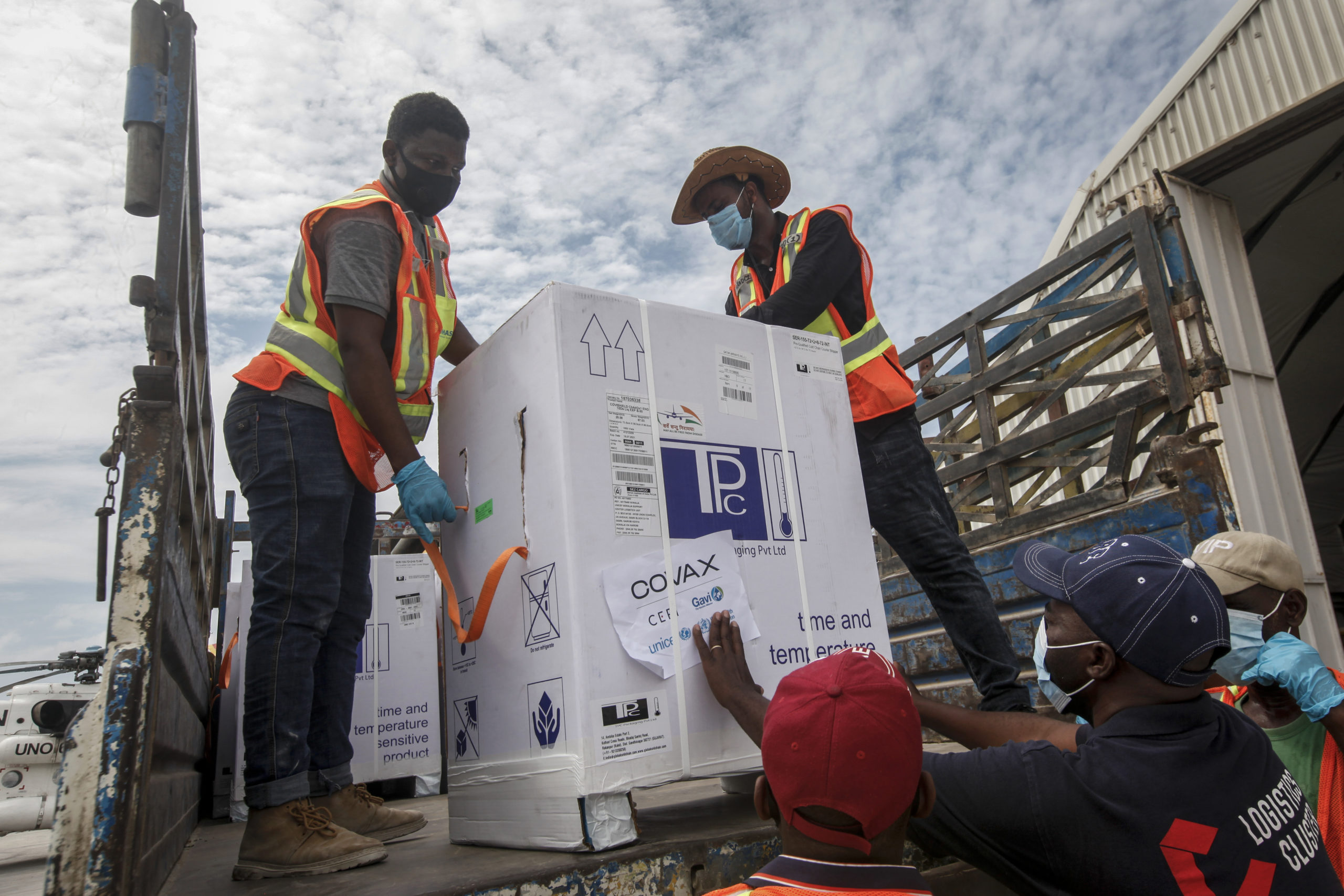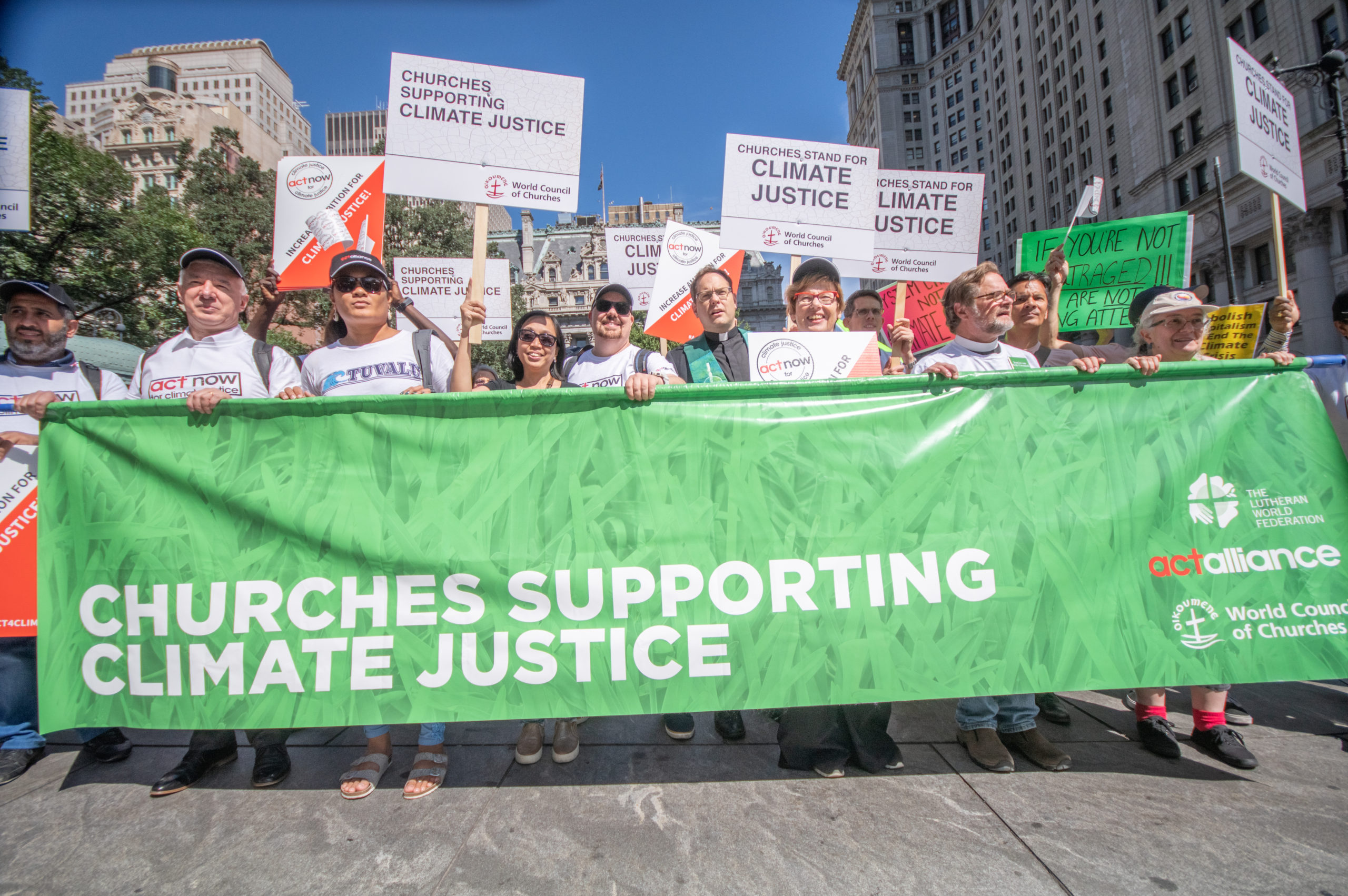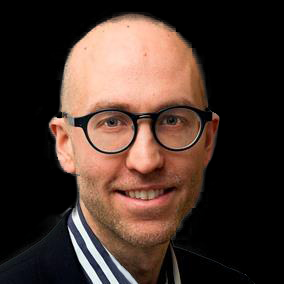The 4th of August 2020 was a dark day for Beirut and Lebanon. All ACT Alliance member organisations in Lebanon have been affected by this tragedy and have friends and families who sustained injuries and damage to their homes and businesses. The explosion came at a time when the country was and continues to grapple with the COVID-19 pandemic and the worst economic crisis ever experienced, with more than half the population living under the poverty line.
The extent of the devastation left us all shocked.
220 people were killed by the blast, more than 6,500 were injured, including 1,000 children, and approximately 300,000 households were damaged (UNOCHA). 200 schools (UNICEF), the country’s most important grain silos and at least 15 medical facilities, including three major hospitals, have been affected with damage estimated at around $5 billion.
ACT Alliance members in Lebanon responded individually and through a joint emergency appeal that managed to help more than 60,000 people affected by the emergency. However important these actions were to help meet the immediate needs, these efforts are not enough. People continue to struggle economically but also psychologically with processing the traumatic events of that day. The ACT Alliance family remains focused on supporting each other and the people we serve, while hoping that justice will contribute to the healing process of the families of the victims.
ACT response to the Beirut blast
ACT members came together immediately after the Beirut Port Explosion. The Forum launched the LEB201 emergency appeal that served 61,111 people between 1 September 2020 and 31 March 2021.
In partnership with six local organisations, the appeal provided the following services:
- 1 Hospital restored
- 23,519 People received immediate shelter and non-food items
- 9,673 People received food assistance
- 2,309 People received post-injury treatment, physical rehabilitation, medication, and home care
- 28,668 People received access to hygiene products including dignity kits, cleaning materials and COVID-19 PPE
- 1,433 People received access to MHPSS services, including GBV survivors, either through centres or home services
- 45 Businesses received early recovery assistance
- 100 Children received electronic devices and emergency school kits in preparation for schooling
- 5,583 People received unconditional cash assistance
ACT Lebanon Forum Members’ Response to the Blast
DSPR-JCC’s Response in Mar Michael
Medical Center Established by Arcenciel
Beirut One Year After with SHO/Giro 555
Impact of NCA and Partners Response to Beirut Blast
LAUNCH OF LEB211: Humanitarian Response to the Beirut Explosion and Overlapping Crises in Lebanon
Going into its third year of severe economic recession, Lebanon faces its worst and hardest depression ever since the end of the Lebanese Civil War that lasted 15 years. Lebanese people are facing intersecting and multiple crises: the Syrian refugee influx crisis, widespread street uprises, the COVID-19 pandemic, a dangerous depletion of resources, and finally the Beirut Port Explosion that left the country in shock. All these crises are putting Lebanon on the edge of collapse.
Despite a decade-long rate of 1,507.5 LBP to the dollar, the black-market value of the USD is now above 20,000 LBP, which indicates a reference of the currency’s real worth and Purchasing Power Parity (PPP). Central Bank reserves are going dry and shortages in goods and materials are increasing. The loss of purchasing power is dramatic and mostly felt by those who earn in Lebanese Lira and have no other sources of income in foreign currencies. In 2020, Lebanon’s average inflation rate soared to 84.8 percent, the highest since 1992. The end-of-year inflation (December 2020 relative to December 2019) stands at 145.8 percent with the price of food and non-alcoholic beverages increasing by 5 times and the price of clothing and footwear increasing by 6.6 times.
Today and as the black-market USD to LBP exchange rate is still increasing, inflation is peaking.
People are suffering and going hungry. Layoffs, wage freezes and wage cuts are all results of the ongoing political conflict that is not expected to end in the near future. With stressors adding up, poverty in Lebanon is likely to continue to worsen in 2021. UNESCWA estimates reveal that more than 55% of the country’s population is now trapped in poverty and struggling for bare necessities. These changes have contributed to disrupting people’s psychological well-being with symptoms of emotional distress, anxiety and hopelessness on the rise.
The cash-strapped Lebanese government and Central Bank are running out of resources to keep subsidising the country, a full lift would compound the country’s already alarming hyperinflation. The situation is bleak: Lebanon is already rationing fuel. Fuel rationing has led to longer power outages across the country even during daily working hours, with many pharmacy and bakery owners fearing they soon will have to close up shops. It has become commonplace to see long lines on the streets near gas stations. Customers in grocery stores are fighting over what’s left of subsidised food and basic staples, and stocking up on whatever they could find, as they fear additional price spikes. Also, the pharmaceutical crisis has deepened in Lebanon as the central bank is unable to meet the cost of subsidised medicines.
These supply problems have had a crippling effect on the Lebanese healthcare system. Anaesthetics are among the medicines that have been in short supply, causing operations to be postponed, and medicines for heart diseases, diabetes, epilepsy, and other non-communicable diseases are also lacking.
When subsidies fully stop, prices, poverty and conflict will increase much further. If this happens, observers, including the United Nations and NGOs, have warned of a disaster.
These intersecting crises have disproportionally hit and affected vulnerable groups and disadvantaged communities, such as female-headed households, children, youth, older people, the LGBTIQ+ community, people with disabilities, refugees and migrant workers.
One year after the Beirut Blast, the deteriorating humanitarian situation in Lebanon needs global solidarity. As the situation is escalating in the country, the ACT Lebanon Forum has launched a new two-year long LEB211 Appeal: Humanitarian Response to the Beirut Explosion and Overlapping Crises in Lebanon, covering Greater Beirut on one hand and Lebanon’s other seven governorates on the other.
The appeal has just been posted to our website at this link: https://actalliance.org/appeals-rapid-response-funds/multi-sectoral-humanitarian-response-to-the-beirut-explosion-and-overlapping-crises-in-lebanon-leb211/
The ACT Lebanon Forum (ALF) is a shared platform and space comprising local Lebanese and international NGOs – ACT members who are engaged in Lebanon and the MENA. The ALF currently includes two local ACT members: The Middle East Council of Churches (MECC) and Department of Service for Palestinian Refugees – Joint Christian Committee (DSPR-JCC) and seven international members: Diakonia Sweden, DanChurchAid (DCA), Norwegian Church Aid (NCA), Finn Church Aid (FCA), Swiss Church Aid (HEKS-EPER), Act Church of Sweden (CoS), and Christian Aid (CA).
ACT members in Lebanon continue to respond to the needs based on their sector focus, country strategy and in coordination with local partners and relevant external actors.




 Link to the Recommendation:
Link to the Recommendation:  Mattias Söderberg, Senior advocacy advisor in
Mattias Söderberg, Senior advocacy advisor in 